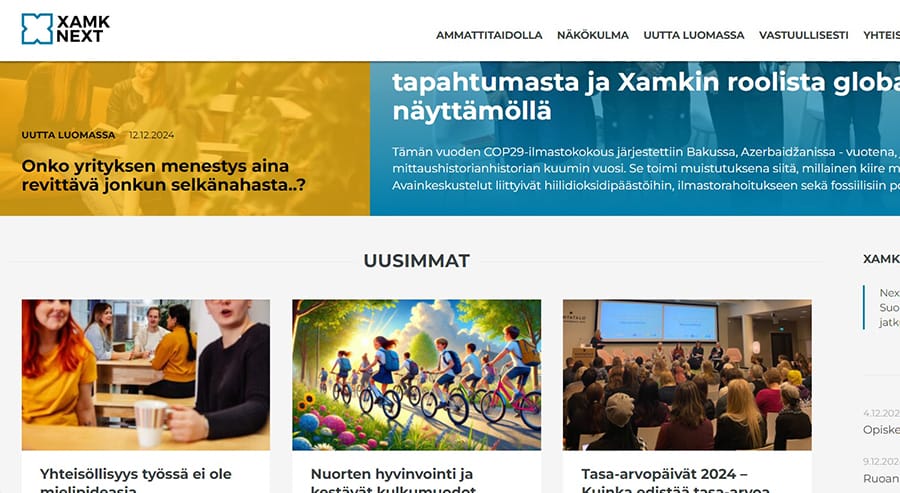3 Reasons Why Marketplace Models Can Disrupt the Fundraising Industry
The world’s 6 most valuable companies by market cap (Amazon, Apple, Alibaba, Microsoft, Alphabet, Facebook) and 70% of the 1B$ unicorn startups (Didi, Airbnb, Uber) operate digital marketplaces that match buyers & sellers, and gain enormous market share from network effects.
Yet, only 3% of established companies have adopted an active marketplace strategy today. The figure is even lower in the finance and fundraising industry, despite the fact that for instance stock exchanges have operated a marketplace model for over a century.
Any form of intermediation (travel agents, taxi dispatchers, retailers ) has already been or will likely be replaced by a modern, digital and more direct alternative, i.e. a matchmaking marketplace. As the business of Venture Capital (VC) and Private Equity (PE) firms is exactly the intermediation between investors having excess money and startups needing money, the fundraising sector will be significantly impacted.
The most common reason for startup failure is the inability to find the investments needed for their growth.
Raising investments at local level is hard, above all if the startup does not have support from anyone introducing them to investors. When trying to access foreign markets, which requires securing larger sums, the fundraising gets even harder as the startup needs to connect with foreign investors. And this is regardless of the fact that more and more fundraising activities have switched to digital. The need for a human element and a personal introduction is still of utmost importance.
In Finland, if your startup has a minimum viable product (MVP) with initial traction and some recurring revenues, it’s fairly straight-forward to get a subsidy from a governmental agency like Business Finland or Ely Centre, persuade local angels to inject you pre-seed funding in exchange of equity or simply walk into a bank to get a loan.
However, as part of their growth, startups from small countries like Finland need to internationalize from day one, which often goes together with fundraising in those countries whose markets they want to access. Otherwise they risk not existing tomorrow, as there are limits with how many customers they can ever get at home.
This is where the problem lays both from a mindset and fundraising angle.
The traditional Finnish startup which wants to access lucrative markets like for instance China, South-East Asia, California, Germany etc doesn’t have any contacts on the ground who could help them to connect with local investors, let alone understand the local fundraising scene and speak the local business language.
To make matters worse, the fundraising support ecosystem is fragmented with a multitude of brokers, boutique financial advisory firms, public business support agencies like Kouvola Innovation and incubators. All of these can tap into their own local investors’ networks but are often unable to assist startups in international fundraising.
So, what are the currently available alternatives for startups willing to fundraise abroad?
They can buy the services of international firms with limited flexibility in their service offering, high fixed costs and overheads. Or they can rely on software solutions that, by only using algorithms and automation, promise to connect you with the right investors on their database and send your pitch deck to them. Or they can get into crowdfunding which has limitations as to the amount they can really raise from foreign sources, and where both failure rates and fees are usually high.
No one of these options seem ideal. But there are three main reasons why a marketplace model could disrupt the status quo.
- The private equity fundraising market size is massive, with $595B raised in 2019, but it lacks transparency, i.e. it’s not easy to compare offers of different service providers, prices aren’t publicly available, nor it’s easy to understand how pricing calculations are done.
- Most products and services linked to the financial services industry are usually high-value, high-frequency transactions, which is the sweet spot for a marketplace.
- This is not a flooded space, as digital marketplaces or equivalent offers are not yet existing.
All of this is why a B2B marketplace model in the private equity fundraising industry will work. One that offers a 2-sided platform solution matching independent fundraisers and financial brokers with startups. One that provides an alternative to the traditional hierarchical, inflexible and location based fundraising industry.
Independent fundraisers are more agile than traditional financial service agencies, as they can be tapped on-demand. They have diverse backgrounds in the financial industry and portfolio of high-level contacts with private investors. They are well versed with deep-tech and the latest innovations. Based all over the world, they can help startups access international markets and funds.
”Just like home buyers and sellers in the real estate market, investors and startups matchmaking has been around Finland for 20+ years, e.g. Sitra’s pre-seed investments, Fiban and of course SLUSH. However, more training is needed for a new class of digital intermediaries to bring actors together and help them to negotiate investment deals worldwide”.
– Heikki Sundquist, Fundraiser
(former SITRA Investment Director and FIBAN Investor)
A good practice from Finland is represented by Innovation Manager Ltd, an incubator and funding consultancy. They set up a marketplace made of 50+ fundraisers spread across four continents, whose job is to secure private investments for high-growth startups. For a success fee, these fundraisers can help you meet local investors, launch fundraising campaigns, negotiate and close deals on your behalf in many regions of the world.
The marketplace itself acts as a trusted matchmaker and provides a safe environment, the tools, the payment and a transparent engagement process for startups to secure investments. It is based on the realisation that one single agency cannot be the best at everything everywhere and resources are too scarce to keep up. We want to give our customer startups access to pre-screened third parties with the most personalised solutions, the most targeted investors’ network, the best locations and the lowest costs tailored to their fundraise.
Digital fundraising is about using all the virtual channels at your disposal in an integrated way to reach and expand your audiences, spark engagement, and grow your opportunities.
When thinking about ways through which you could fund your startup, consider the potential of digital marketplaces to help you succeed.




